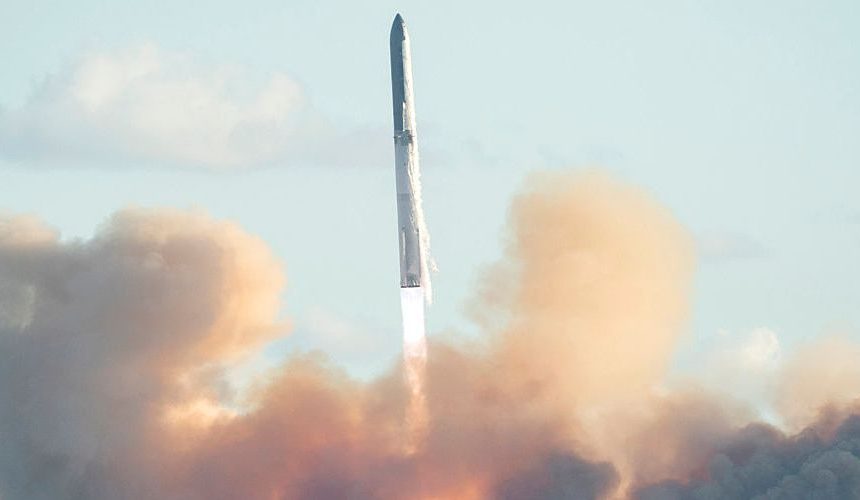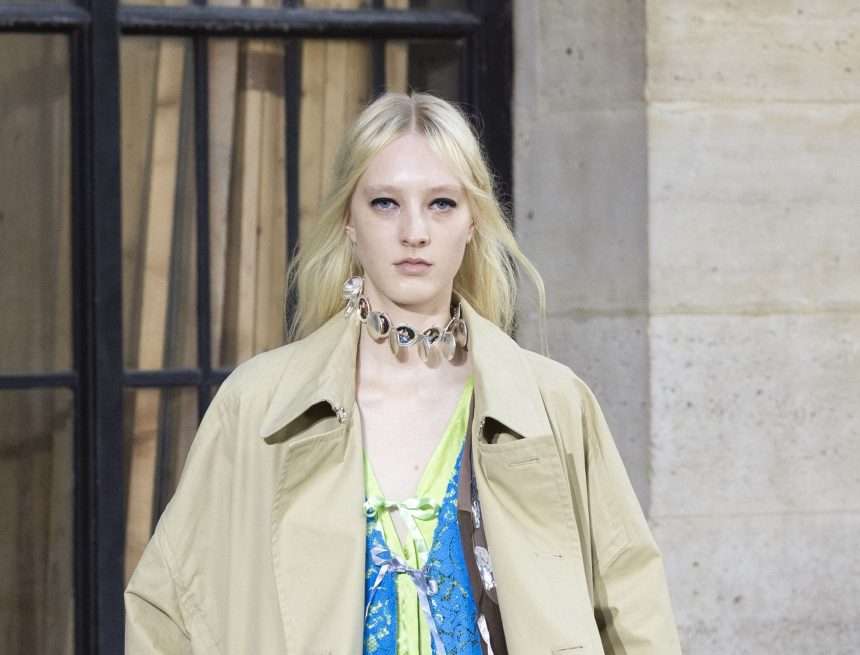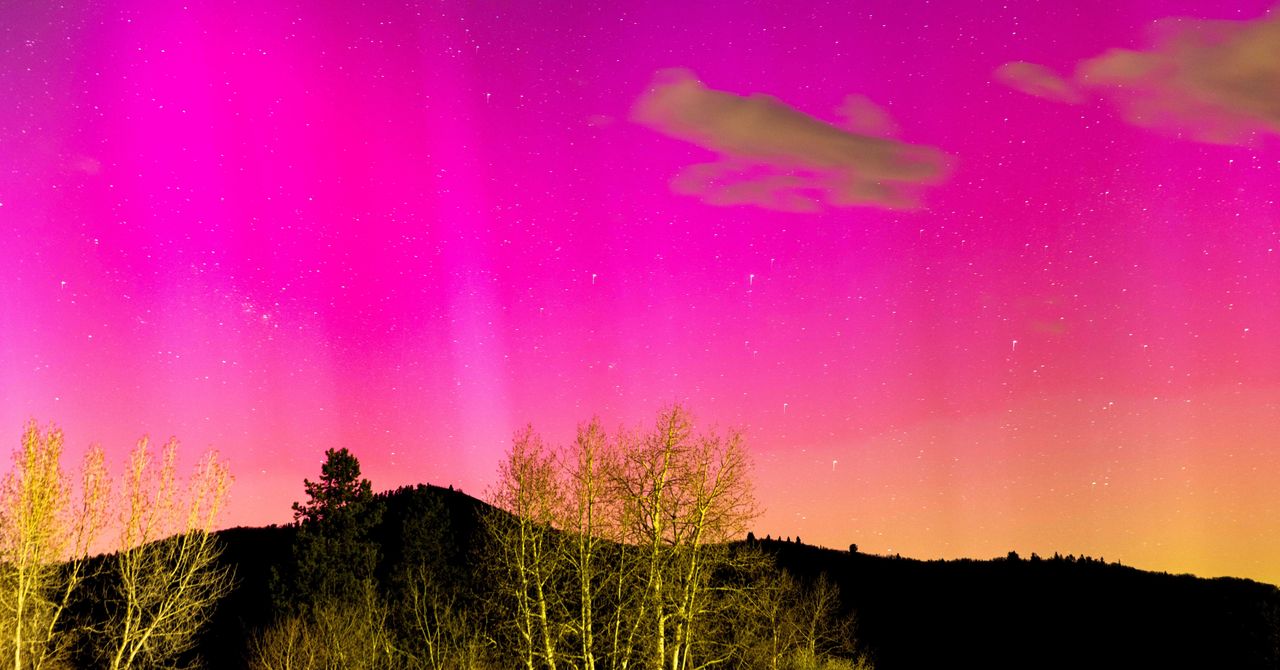In his recent article, Omid Djalili makes a case for the power of comedy to effect incremental cultural change, and this forms a part of his justification for performing at the Riyadh comedy festival (I have been criticised for being part of the Riyadh comedy festival. This is why I did it, 8 October).
This may be so, though such a power will be minuscule, filtered not only by official censorship but by the knowledge that any truly challenging topic will not be broached. The understanding is that performers will not rock the boat, so it seems uncompelling to justify participation on the basis that the boat might be slightly rocked in vague and inoffensive ways.
There is also a dismissal of the idea that very highly paid comics like Dave Chappelle would perform for the money. Yet plenty of very wealthy people pursue opportunities for more wealth. Another participant explicitly said he was offered enough money to “look the other way”.
Finally, Djalili says that perhaps people should visit the region first before criticising it. That’s a nice sentiment, but my existence as a queer person is criminalised in Saudi Arabia, subject to corporal and even capital punishment. Visitation is neither safe nor advisable.
When a public figure enters a contract with a host, it is an association of mutual benefit. The host here is guilty of heinous abuses of human rights and the murder of people like me. And the benefit that it sees from these bookings, I’m afraid, is a laundering of international reputation.
Joel Sport
Ealing, London
Omid Djalili’s defence that performing in Riyadh helps “broaden what’s thinkable” is deeply naive. His attempt to shift the moral burden on to critics, implying that they simply don’t understand nuance, or that they’re just bitter they weren’t invited, is smug and dismissive.
By appearing at a state-sponsored festival, he helps sanitise a government that still jails critics and represses basic freedoms. A few laughs in a controlled environment don’t challenge that reality, they just help an oppressive regime whitewash itself as progressive while silencing dissent elsewhere.
Comedy can be brave, but not when it’s curated by those in power, who invite only uncritical voices to perform. After refusing Saudi gigs for 15 years, what changed – the regime or Djalili’s willingness to look away?
Peter Burgess
Liverpool
I agree wholeheartedly with Omid Djalili’s position. I went to Libya in 2006 during the Gaddafi era for work, and I was treated with nothing but respect from ordinary people. They wanted to talk to me, they wanted to practise their English, they wanted to know what my perceptions of Libya were, they wanted to learn about the UK from someone who lived there. They wanted to talk to me about Pink Floyd, for example. It was a powerful reminder, as Djalili says, that the people of a country are not their government.
By building stronger cultural links between people of different countries, we stand the best chance in the long run of improving governments around the world. He is also right to point out that change happens by degrees and, by pointing out commonalities in humanity and laughing together about them, we become more willing to listen to each other’s point of view. His audiences in Riyadh may have been mostly young people, but some of them will grow up and have positions in government in future.
Mike Hersee
London


